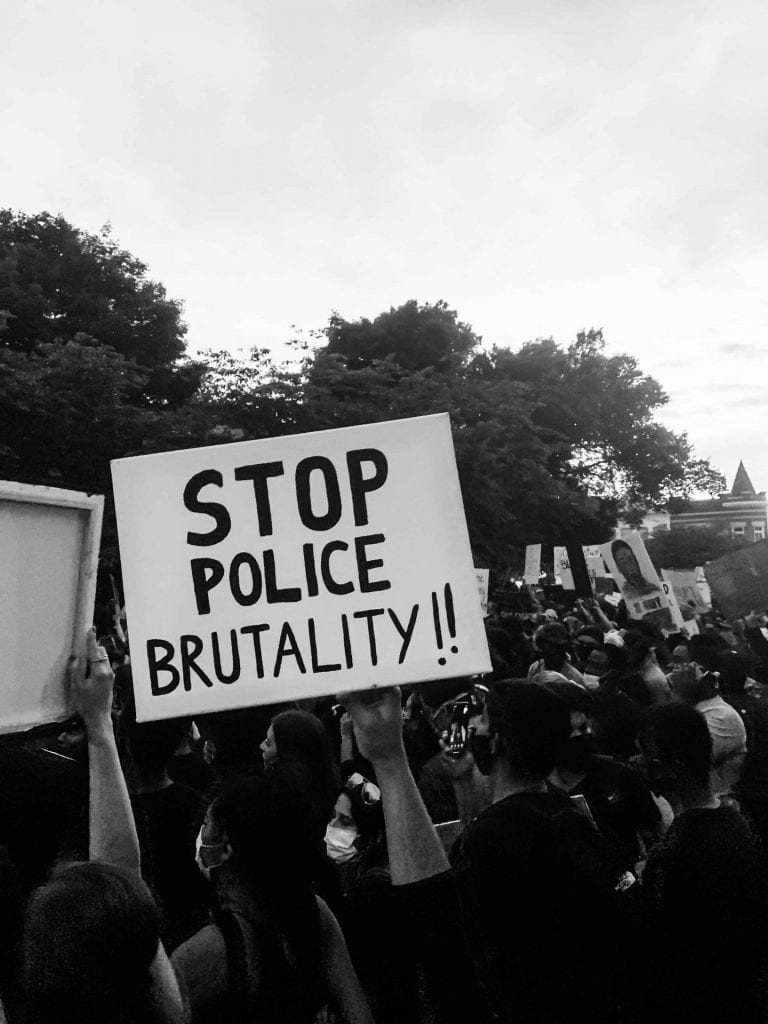Through the process of creation in my group’s dramatic performance, an opportunity for growth appeared through my problem-solving skills. This occurred through the creation of our group’s plan, the writing of our script and the performance itself. Creating the plan for the dramatic performance developed my problem-solving skills as I needed to coordinate with my group a topic and plot that everyone in the group agrees with and is happy to act to. For example, when first receiving the task, our group were debating on different topics such as bullying, government corruption and poverty. However, a unanimous decision on police brutality was made due to a shared interest in our group. Writing the script was no easy task either, as our group had to establish different roles for different people depending on what our availabilities were. For example, Matthew B was available after school on Tuesdays and Thursdays whereas Dele and Matthew E were only available after school on Mondays. This problem to meet up after school required a compromise for all members in our group to practice our scenes outside of class.
Furthermore, our group had to distribute the work evenly such as to assign the script writer/s, the organiser for costumes/props but also factor in external work to delegate the number of lines in the play given. Problem-solving was essential during the performance to ensure a seamless and successful performance that accurately depicted our topic. This was primarily due to improvisation, whether we forgot lines or wanted to play on a group member’s mistakes, improvisation was key for adapting to new scenarios for which we had not practised for. All of this had to be done convincingly to persuade the audience that it was all part of the script so that the play would run smoothly.
